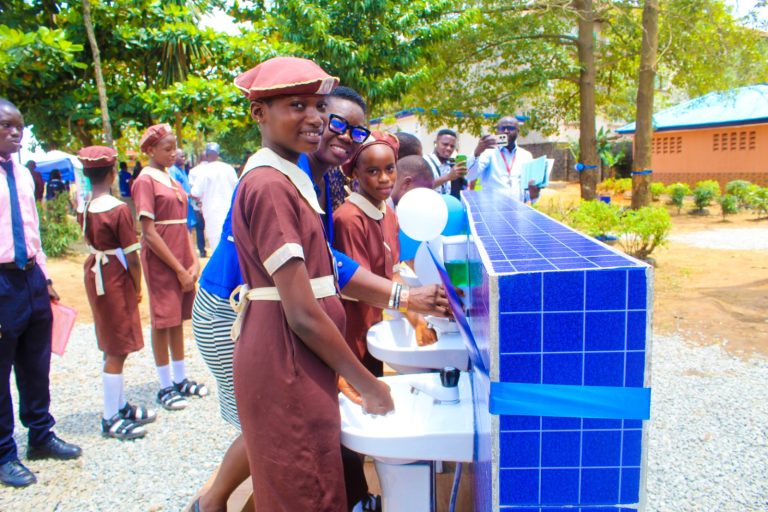The Lagos State Government has emphasised the importance of its Strategic Action Plan (SAP) 2025-2030 to address key Water, Sanitation and Hygiene (WASH) challenges, including open defecation and wastewater management.
The Permanent Secretary, Office of Environmental Services, Ministry of Environment and Water Resources, Dr Omobolaji Gaji, spoke at a workshop in Lagos.
The SAP was unveiled during the two-day workshop on Safely Managed Sanitation for Lagos State, which started on Wednesday.
The workshop was organised by the United States Agency for International Development, under the Lagos Urban Water Sanitation and Hygiene Activity (USAID LUWASH).
Gaji said that the plan was crucial because environmental health directly impacted public safety.
He said that behaviours like open defecation caused health hazards and should be avoided.
“To enforce proper sanitation behaviour, there will be penalties for those caught engaging in open defecation.
“First-time offenders may be required to perform community service, such as cleaning the affected areas, while repeat offenders can face legal consequences in court,” he said.
Gaji said that the state had earlier implemented a LUWASH policy in March, with various technical working groups involved in the policy’s gradual implementation.
Mr Adefemi Afolabi, General Manager, Lagos State Wastewater Management Office (LSWMO), also told NAN that the SAP aimed at addressing wastewater challenges through infrastructure and capacity development.
Afolabi thanked USAID LUWASH for providing technical support in developing the SAP.
The plan, according to him, outlined how the state would enhance sewage treatment facilities and engage both state and non-state actors to ensure Lagos remained a megacity.
Afolabi called for investments in public toilets and sewage treatment facilities, noting that the return on investment would be substantial due to Lagos’ expanding population.
On open defecation, he said that the state was committed to achieving Nigeria’s national target of ending open defecation by 2025.
“We’re providing more toilets in public spaces, in our parks, markets, bus terminals, rail stations, public institutions, hospitals and schools.
“We are rehabilitating sanitary systems, providing new ones and treatment infrastructure in some parts of the state.
“We are also strengthening the evacuation chain of emptying our septic tanks and training our personnel to be able to safely handle sewage in the state,” he said.
On his part, a WASH consultant, Mr Timeyin Uwejamomere, advocated for focus on fecal sludge treatment rather than wastewater treatment to address the state’s core sanitation issues.
He said that the government needed to key into circular economy, so it could turn waste into valuable resources like biofuels and agricultural manure.
Similarly, Acting Director, Centre for Water and Sanitation Studies at Rivers State University, Dr Peter Cookie pointed out business opportunities in areas like manufacturing water closets from locally sourced materials and creating septic tanks designed for rural and urban needs.
The President, Network of Female Professionals in WASH, Nigeria, Dr Bolu Onabolu, said that poorly managed sanitation could lead to widespread health issues, loss of income, and hindered access to education, particularly for women and children.
Earlier, Chief of Party for USAID LUWASH, James Racicot, said that the purpose of the workshop was to raise awareness about innovations and challenges in the sanitation sector.
“Lagos is primarily an on-site sanitation centre, and most people have their own septic tanks with service providers that empty the septic tanks.
“There are opportunities to increase the capacity of those private sector individuals and better regulation with the Water Regulatory Commission and the ministry.
He explained that although USAID was addressing immediate concerns, the challenges in the water and sanitation sector were larger than what anyone donor could handle alone.
NAN
Bottom of Form


